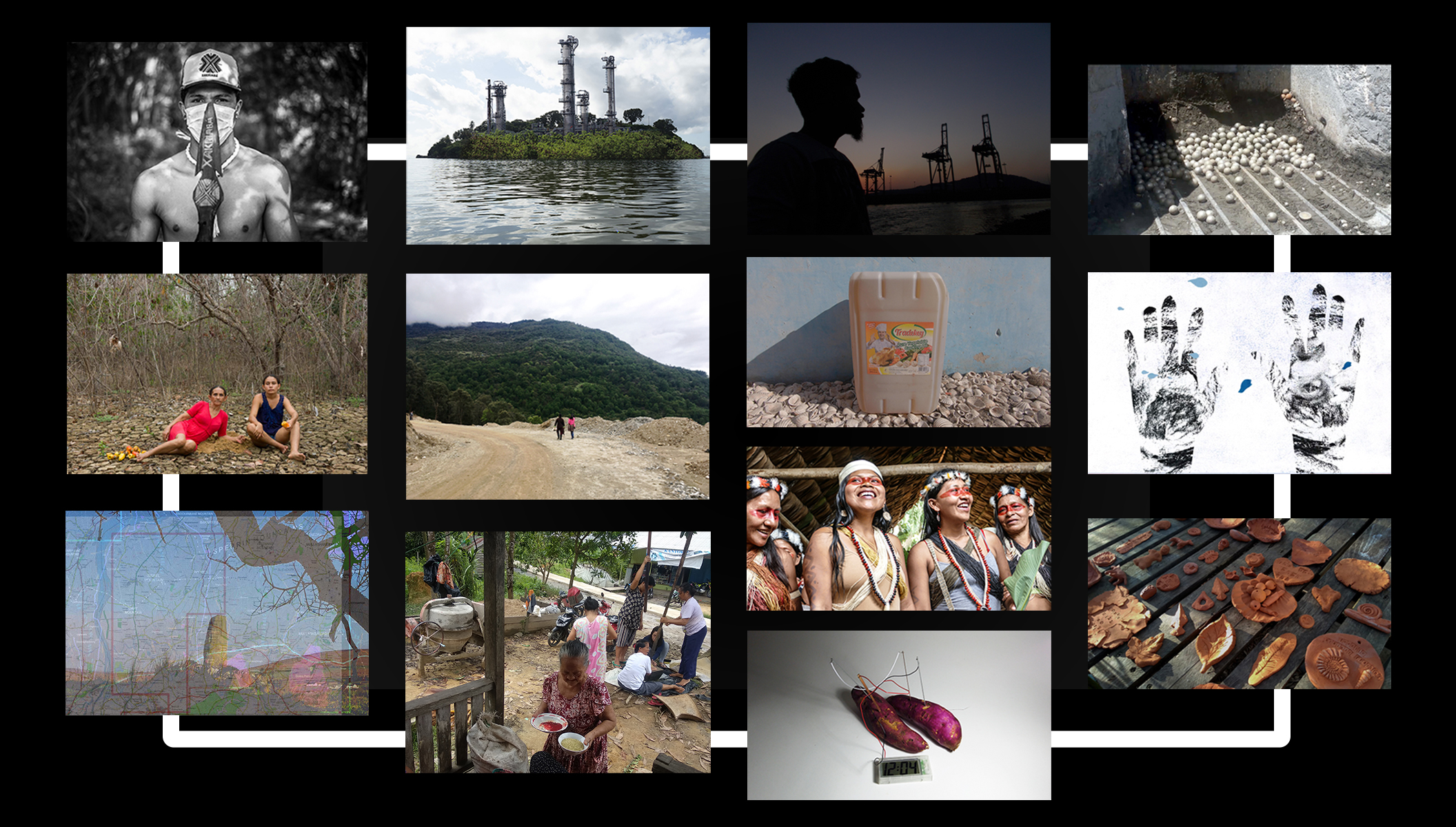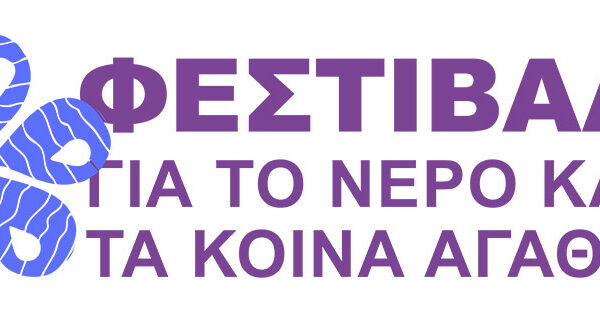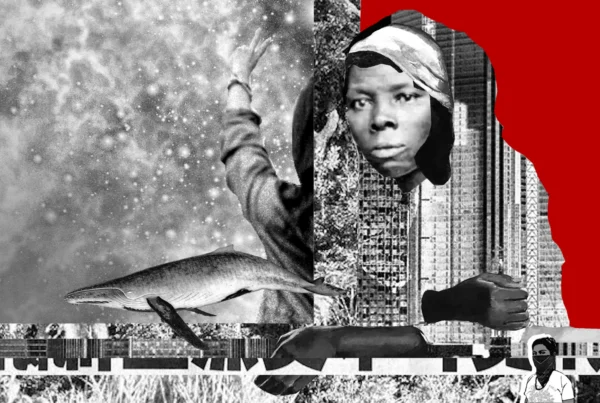The online exhibition “Extracting Us” responds to the need to continue critical conversations around the political ecologies of extractivism in and beyond the COVID-19 public health crisis.
Following the experience of co-curating the exhibition “Extracting Us. Looking Differently: Feminism, Politics and Coal Extraction” at ONCA gallery in Brighton in July 2019, an online collective exhibition and conversation is being launched this summer at extractingus.com to explore the political ecologies of extractivism across different geographical contexts from a feminist perspective. The online exhibition responds to the need to continue critical conversations around the political ecologies of extractivism in and beyond the COVID-19 public health crisis.
Through a unifying curatorial approach, the works challenge ‘north-south’ narratives on extractivism, enable the viewer to see and hear perspectives from those most affected, and develop actions of solidarity and resistance across countries and continents. The exhibition challenges audiences to make (sometimes unexpected) connections between the cases and themes explored, including how extractivism affects both people and the environment, humans and more-than-humans. In addition to inviting the viewer to explore the contributions of each artist, it is also possible to explore the connections and juxtapositions that arise across the works according to the themes of care, agency, inter-generational (dis) connections, modes of engagement, scales, and temporalities.
The online exhibition will include a selection from the 13 contributors originally proposed for the exhibition, including researchers/artists/activists working in extractivist contexts including Indonesia, Ireland, France, UK, Cambodia, Bangladesh, Nepal, India, Brazil, Ecuador, Trinidad, Gambia, Zambia and Tajikistan. The exhibition will also be accompanied by responses from artists-activists, scholar-activists, communities affected by extractive projects, organisations working to resist extractive contexts and visitors to the site.
Virtual Launch Event

Images from contributors to the Extracting Us exhibition and conversation.
WEGO members Siti Maimunah, Rebecca Elmhirst, Dian Ekowati and Alice Owen are working together with Elona Hoover from the University of Brighton with critical insight and support from Louise Purbrick as well as Persephone Pearl and Lydia Heath from ONCA Gallery in Brighton. The curatorial collective are inviting the public to attend a virtual launch event and curators’ tour on August 13th. The launch event via Zoom will include a virtual tour of the online space , then there will be plenty of time for participants to ask questions to members of the curatorial collective and contributing artists-activists-scholars. These will be facilitated through the chat function and in rounds. In the spirit of launch events usually held in the gallery, guests are invited to bring their own refreshments to enjoy as they conversation opens up. The event is being held in the afternoon UK (2-3pm) time to facilitate participation from contributors in other time zones, and apologies for those we are not able to accommodate. Book your place to attend, and please do get in touch if the event can be made more accessible for you.
Moving Online
The curatorial team have worked to move to the exhibition online following the postponement, due to COVID-19, of the Political Ecology Network (POLLEN20) conference where the exhibition was due to happen in June 2020. Overcoming the setbacks of not being able to hold the exhibition on this occasion, the team are finding that moving the exhibition online is offering many innovative opportunities for engagement. The change in format allows for the incorporation of critical responses to the artwork as part of the online space, both from contributors using more embodied or performative practices and from invited contributors among artist and activist networks such as the Women and Mining Network in Asia (WAMA). Moving online, the exhibition will now be accessible to communities who would not be able to visit the exhibition in real life, although there are still limitations such as internet access and language that the team are working through at the pre-emptive stage.
Ahead of the launch event, the curatorial collective organised a webinar exploring “creative engagements on the front lines” where artist-activist-scholars shared their reflection on continuing creative engagements and acts of solidarity and resistance during the pandemic, and the ways in which their engagements have continued or been done differently. Because the online exhibition seeks to find new connections and open up new kinds of conversations, more webinars are anticipated over the next few months to share and explore these emerging findings.
This project is made possible by support from ONCA Gallery, the Centre for Spatial, Environmental and Cultural Politics at the University of Brighton, the Wellbeing, Ecology, Gender and cOmmunity research network funded by the European Union Horizon 2020 research and innovation programme (Marie Skłodowska-Curie grant agreement No 764908), and collaboration with the Women in Action on Mining in Asia (WAMA) collaborative network and the ‘Sustainable’ Development and Atmospheres of Violence: Experiences of Environmental Defenders project funded by The British Academy.
Featured image: The Extracting Us 2019 Exhibition is remembered with a special postcard printed by Yuyun Ismawati, an Indonesian scholar-activist who visited the gallery and attended the reading group. Photo: Siti Maimunah.





